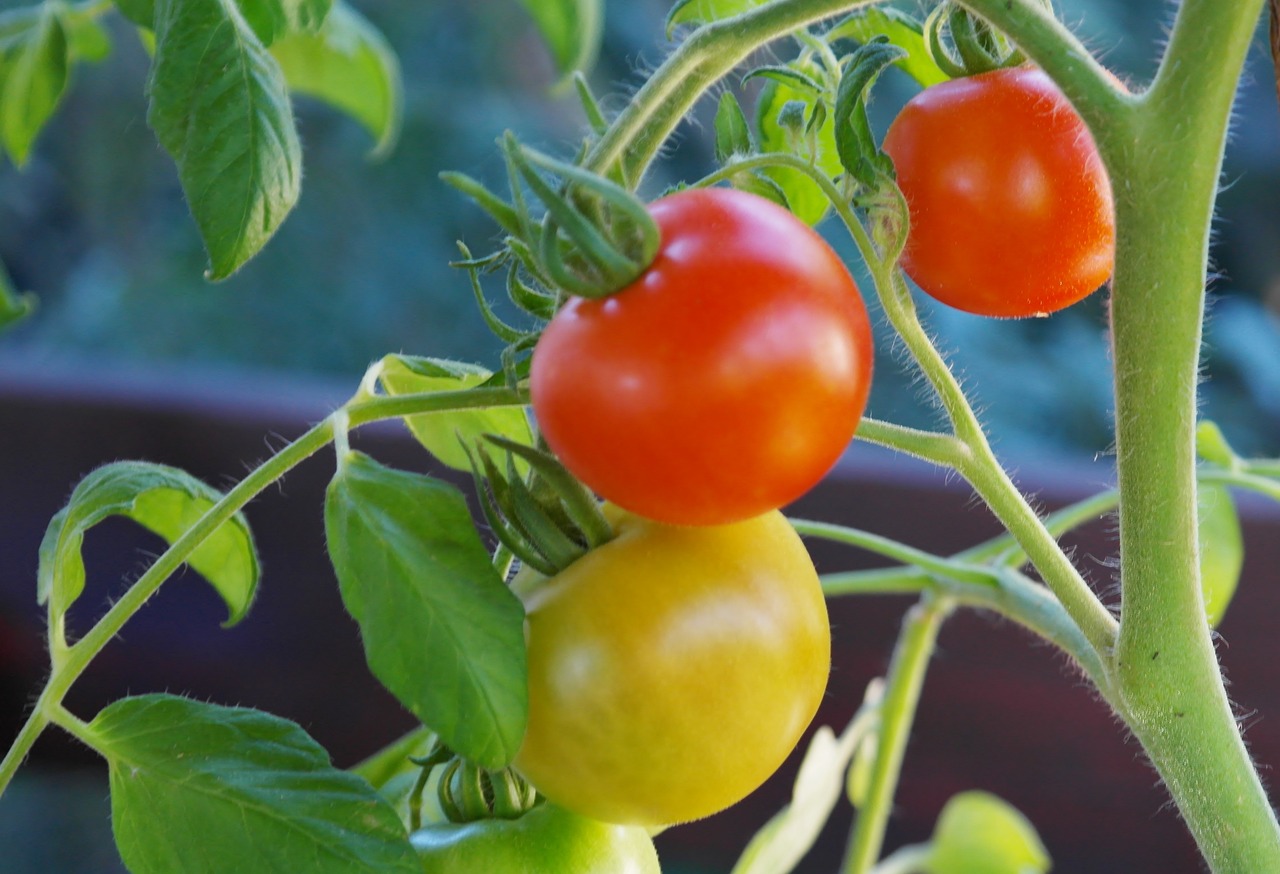Introduction
Growing your own vegetables is not just a rewarding hobby; it’s a practical way to cut down on grocery bills, ensure you have fresh, organic produce, and even reduce your carbon footprint. Whether you have a sprawling backyard or a small balcony, you can start a garden tailored to your space and needs.
Initial Setup Costs
The initial costs of starting a vegetable garden can be quite modest. Here’s what you might need:
- Seeds or seedlings: Depending on the variety, seeds are relatively inexpensive, often under $2 per packet.
- Gardening tools: Basic tools like a spade, hoe, and watering can might cost around $30-$50 in total.
- Soil and compost: Good quality potting mix and compost can be purchased for about $20-$30, depending on the quantity.
Ongoing Care and Tips
Maintaining a vegetable garden requires consistent effort, but the rewards are well worth it:
- Watering: Early morning is the best time to water plants, helping reduce evaporation and fungal diseases.
- Weeding: Regularly remove weeds that compete with your vegetables for nutrients and light.
- Pest control: Use organic pest control methods like neem oil or introduce beneficial insects like ladybugs.
Calculating Savings
By growing vegetables at home, you can save significantly on grocery bills. For example, a single tomato plant can yield 10 to 15 pounds of fruit over a season, which could equate to $20-$30 worth of produce from just one plant.
Environmental and Health Benefits
Home gardening reduces your reliance on store-bought produce, which often involves significant carbon emissions due to transportation and packaging. Moreover, gardening is a relaxing activity that can improve mental health and physical fitness.
Conclusion
Starting a vegetable garden is a step towards sustainability and self-sufficiency. It empowers you to control what goes into your food and can significantly reduce your grocery bills.
Call to Action
Assess your space, decide what you’d like to grow, and take the first steps towards setting up your own garden. Share your gardening journey online to inspire others and create a community of gardeners who support and learn from each other.
